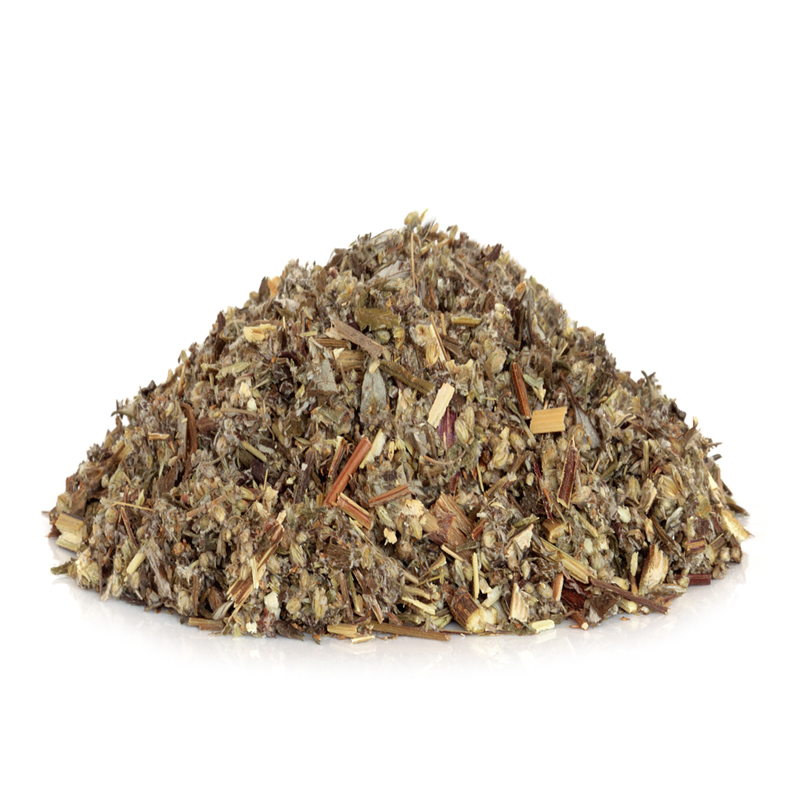Mugwort: Versatile Herb with Dream-Inducing Properties
The most common plant in the British Isles; Mugwort (Artemisia vulgaris) is most commonly brewed into tea and can be infused into botanical vinegars. It can be used to induce lucid dreams. Mugwort is known for its unique properties in promoting vivid and lucid dreams, making it a popular herb in dreamwork and spiritual practices.
It's also used in traditional medicine for its digestive and calming effects. Mugwort tea is believed to soothe menstrual discomfort and support overall women's health. The herb's bitter components make it beneficial for digestive health, stimulating bile and gastric juice production.
More About Mugwort
Mugwort (Artemisia vulgaris) is a herbaceous plant known for its bitter, aromatic flavor and is widely used in traditional medicine and culinary applications. Its active components include polyphenols, flavonoids, essential oils with compounds like camphor and 1,8-cineole, and coumarins. Classified predominantly as phenolic acids and terpenes, these compounds contribute to mugwort's medicinal and aromatic qualities.
Mugwort is celebrated for its range of applications, from digestive and menstrual aids to its use as a culinary herb and fragrance component. Native to the temperate regions of the Northern Hemisphere, it holds a place in various cultural practices and traditional remedies, signifying its historical and contemporary relevance in natural healing and culinary arts.
Know Your Ingredient: Mugwort
| Latin Name | Artemisia vulgaris |
| Active Ingredients | Polyphenols, Flavonoids, Essential Oils (including Camphor, 1,8-Cineole), Coumarins |
| Classification Secondary Metabolite | Phenolic Acids, Terpenes |
| Flavor | Bitter, Aromatic |
| Common Use | Traditional medicine, culinary, fragrance |
| Origin | Temperate regions of the Northern Hemisphere |


